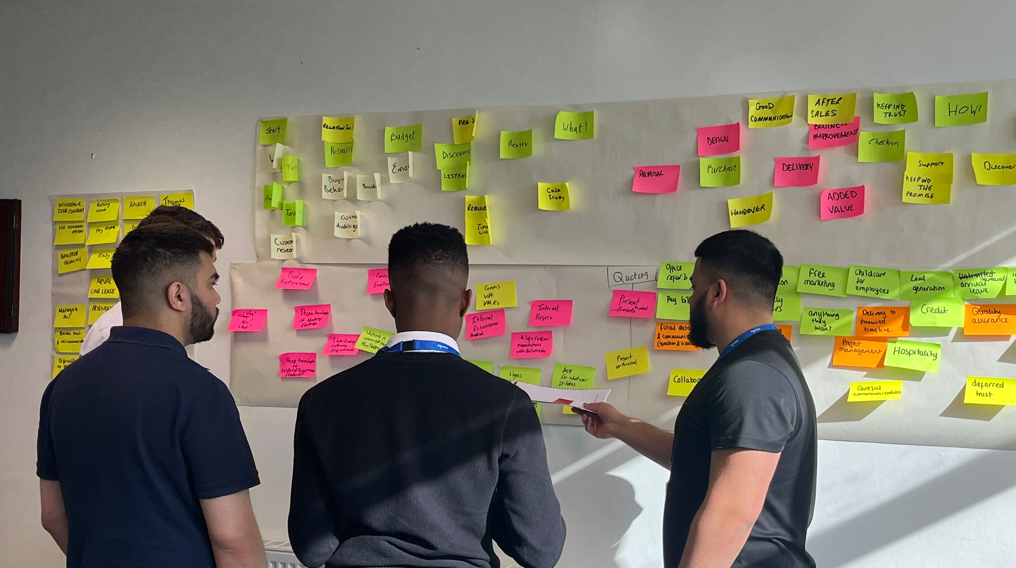How can you help less experienced members of your firm win more clients?
If you have a few years’ experience and created a successful firm, it may be a little challenging as you are now looking at new and less experienced members of your team to understand how you can help them in bringing in new clients.
The two simplest ways to do this are by mentoring and coaching. Mentoring to share your knowledge ideas and approaches and coaching to help them identify their own best ways to work (very often a different way to you). Here are the fundamentals in mentoring and coaching:
Mentoring
Simply sharing your (relevant) experiences and challenges in building the firm and winning clients. It’s important newer members of your team get access to someone with experience, who can guide them, support them and show them real world example of what to do (and what not to do!).
Working with a legal firm on face-to-face networking skills, one of the most impactful sessions was when a senior partner shared her personal experiences of how powerful networking was. She shared most importantly, how networking still made her feel, slightly nervous and uncomfortable. It’s important that you share an honest appraisal of what you do and what challenges you face so you can be a truly supportive mentor to the newer, less experienced team around you.
Planning a mentoring session can be great reflective time for you, ask yourself what you did to find and win clients and think about how other might replicate this. Think about the things you didn’t do quite so well and help others understand this and avoid the most common pitfalls. As a side note, mentoring often opens you up to new ideas, thoughts, and energy from the person you are mentoring. It is a two-way process that can really benefit both you as a mentor and your mentee (the person you are mentoring).
Coaching
Rather that telling, this approach sees you asking and supporting members of your team. It sees you exploring ideas with them, helping them create their own activity, focus and actions on what they need to be doing. When done well, you might only need to ask one or two powerful questions “What are your plans for identifying and winning new clients” or “How are you planning to win new clients” and then follow up with a few gentle probing questions “Tell me more about that”, “Which of these areas will you target first”, “How will you measure success”.
This approach of asking and gently probing allows your newer members of staff to really start to think, plan and deliver for themselves. It helps you understand how much thinking they have put into any plans and allows you to see them make (small) mistakes to learn from.
This approach is almost the opposite from mentoring. It relies on great questioning on your behalf as their coach, really listening to their answers, and jointly agreeing actions and follow up. The significant difference to note is that coaching can help those around you really engage on deeper levels of thinking. This in turn can help develop and reinforce their learning.
In essence, we are asking you to fulfil two roles here, mentor and coach. Both approaches will help newer members of your team or junior partners, learn, develop, and grow their own approach to identifying and winning new clients for your firm.










